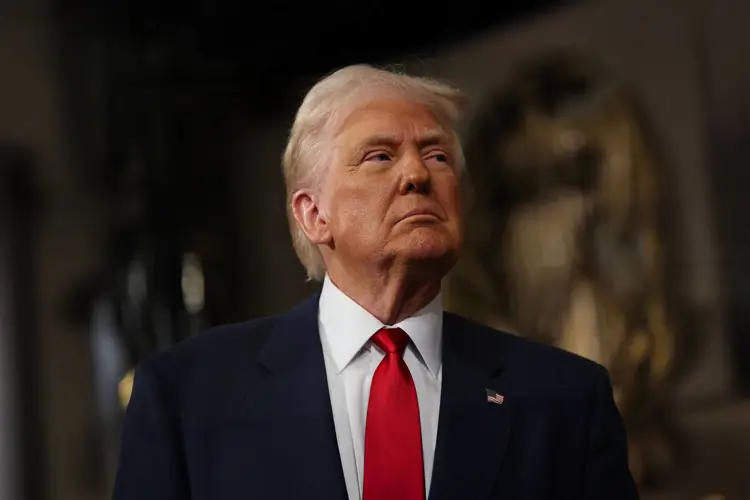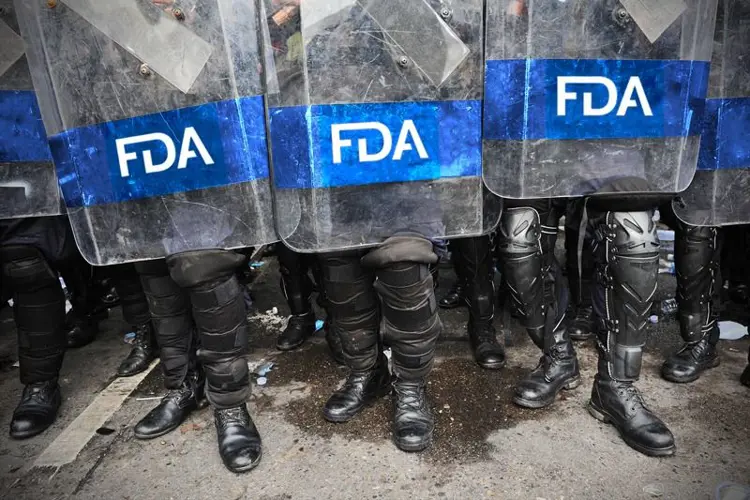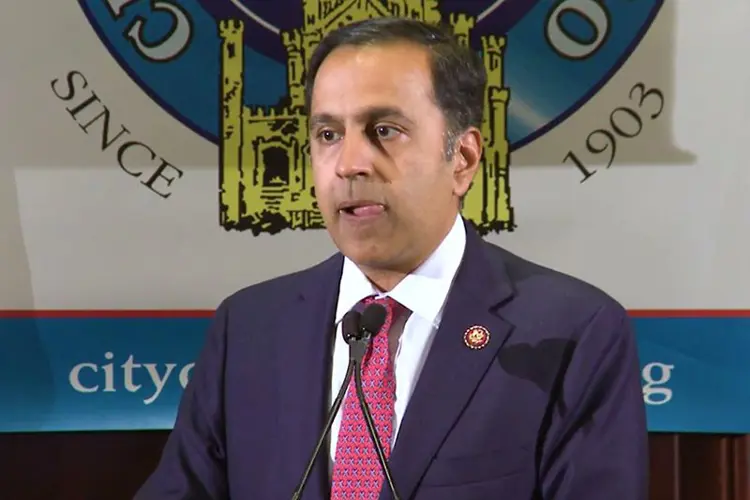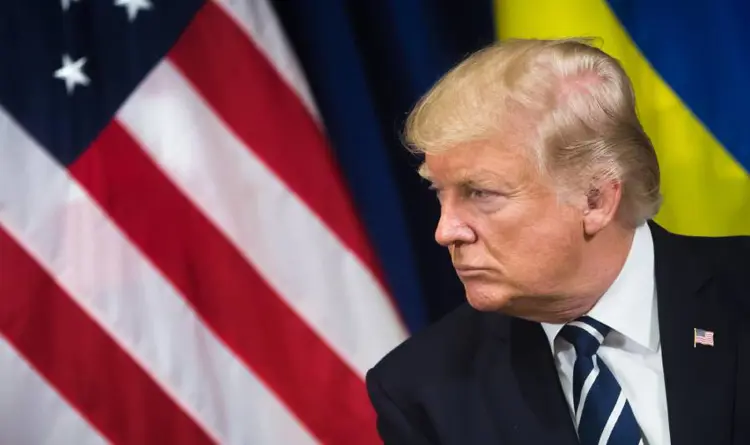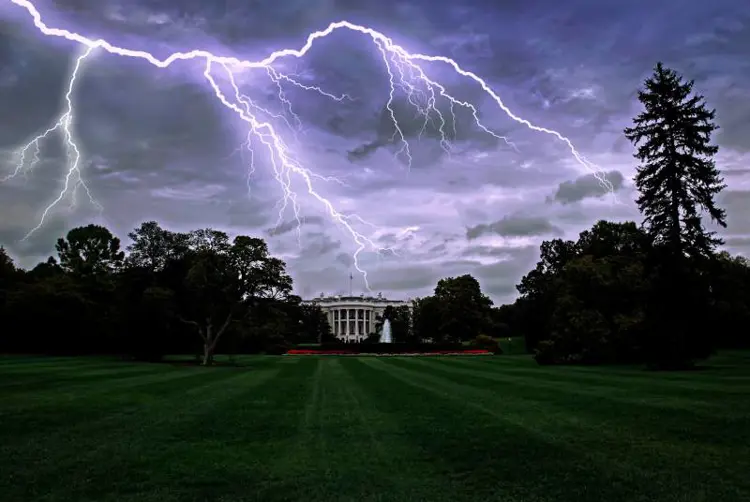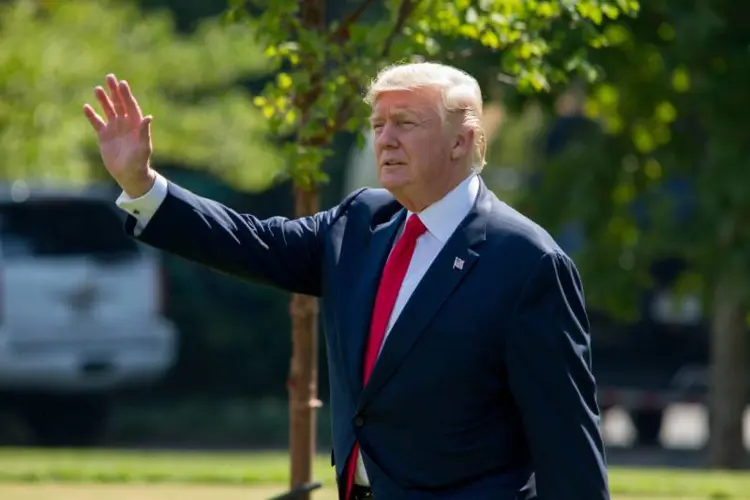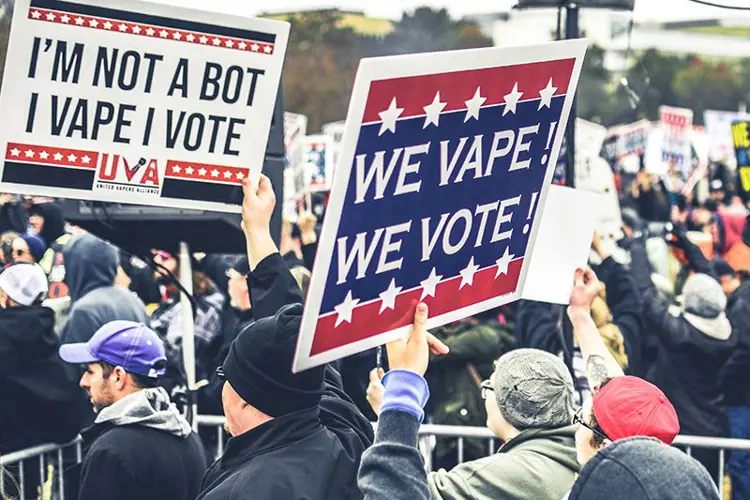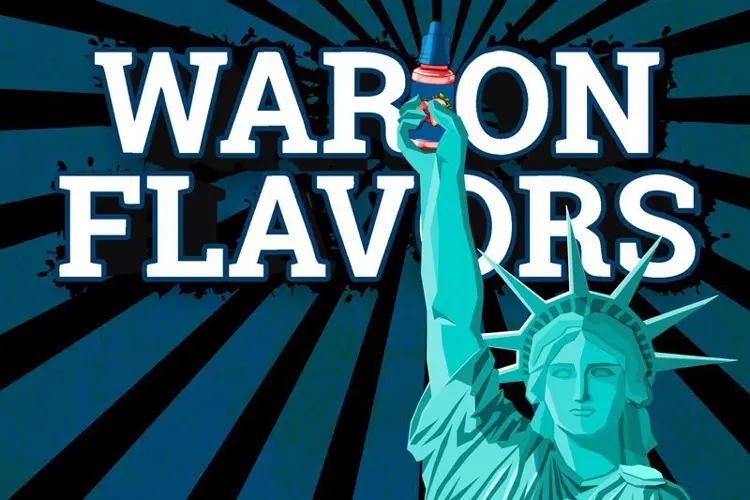An Illinois congressman is urging the FDA to “temporarily” ban vaping products, supposedly to protect users from the added dangers vaping poses to COVID-19 victims. Democratic House Rep. Raja Krishnamoorthi sent a letter to FDA Commissioner Stephen Hahn on April 1, asking him to use the agency’s enforcement discretion to “clear the market” of all vaping products.
On Monday, the FDA requested a federal judge allow the agency to delay the May 12 deadline for vaping manufacturers to submit Premarket Tobacco Applications (PMTAs). Krishnamoorthi wants the FDA to use its regulatory authority to prohibit sales of vapes during the four-month postponement (which hasn’t been granted yet). He is not asking for restrictions on just the flavored vaping products he has previously advocated banning, but on all products.
“The Subcommittee is not necessarily opposing FDA’s request for a delay or suggesting that FDA divert staff away from responding to the coronavirus crisis,” Krishnamoorthi wrote. “Instead, the Subcommittee is requesting that FDA clear the market of e-cigarettes during this delay. Allowing e-cigarettes to remain on the market during this period would harm children and adults throughout the country and exacerbate the coronavirus crisis in critical ways, as described in detail below.”
“Reducing the number of smokers and vapers that fall ill with coronavirus will not only help them, but the entire health system,” the letter says. But Krishnamoorthi has not carefully considered the consequences that could result from a vaping ban. Eliminating all vaping products would not reduce the number of smokers who get sick. Rather, an e-cigarette ban would force millions of vapers who have avoided smoking cigarettes—some for many years—to choose between returning to deadly cigarettes and trying to find black market vaping products. Since there is no established e-liquid black market (yet), many would return to the most easily available nicotine product: cigarettes.
The congressman is not asking the FDA to pull cigarettes off the market, just vapes, which are generally understood to be far less dangerous. Krishnamoorthi’s only supporting evidence to justify removing vaping products is a single study of “vaping mice” infected with the flu virus, and unrelated research showing that smoking may be a risk factor for more serious outcomes from COVID-19, the respiratory disease caused by the coronavirus SARS-CoV-2. (Even the smoking-coronavirus connection is uncertain at this point.)
Unfortunately, Rep. Krishnamoorthi isn’t alone. A variety of political and news media figures, as well as some public health officials, have recently made unsupported claims about vaping and its supposed effects on COVID-19 patients. The evidence is non-existent, rooted entirely in studies of various effects of vaping constituents on mice and disembodied cells.
An email sent last week from an FDA Center for Tobacco Products media spokesperson to a reporter claimed that “E-cigarettes can damage lung cells.” That prompted aletter of protest to CTP director Mitch Zeller from Iowa Attorney General Tom Miller and a group of well-known scientists, public health experts, and harm reduction advocates, including veteran tobacco control leaders Kenneth Warner and David Abrams, and Drug Policy Alliance founder Ethan Nadelmann.
“If the FDA is able to provide candid and clear advice that puts the health of millions of Americans first,” wrote Miller, “and this is based on sound behavioral and biomedical insights, then it should do so, and we would welcome the agency’s contribution. If, however, its communications are arbitrary and ill-conceived, spreading fear and confusion with little scientific basis and with unpredictable consequences, then it would be better if FDA and its media spokespeople did not comment further at this time.”
Rep. Krishnamoorthi is a notorious opponent of vaping. As chairman of the House Subcommittee on Economic and Consumer Policy, he held a hearing last July examining the practices of JUUL Labs. Intended to mirror the confrontational Congressional tobacco industry hearings of the 1990s, the event saw Krishnamoorthi and the other subcommittee Democrats adopting an almost comically antagonistic stance toward the bewildered JUUL executives. Anti-vaping activists from Parents Against Vaping and the Campaign for Tobacco-Free Kids were given free reign to lambast the company, and vaping in general.
In September the subcommittee looked at the outbreak of vaping-related lung injuries the CDC called “EVALI.” However, rather than investigating the diluents in black market THC products widely understood to be the source of the hospitalizations and deaths, Krishnamoorthi focused on JUUL and flavored nicotine vaping products, even though they have never proven to be connected to the lung injuries.
The Freemax REXA PRO and REXA SMART are highly advanced pod vapes, offering seemingly endless features, beautiful touchscreens, and new DUOMAX pods.
The OXVA XLIM Pro 2 DNA is powered by a custom-made Evolv DNA chipset, offering a Replay function and dry hit protection. Read our review to find out more.
The SKE Bar is a 2 mL replaceable pod vape with a 500 mAh battery, a 1.2-ohm mesh coil, and 35 flavors to choose from in 2% nicotine.
Because of declining cigarette sales, state governments in the U.S. and countries around the world are looking to vapor products as a new source of tax revenue.
The legal age to buy e-cigarettes and other vaping products varies around the world. The United States recently changed the legal minimum sales age to 21.
A list of vaping product flavor bans and online sales bans in the United States, and sales and possession bans in other countries.







